Here are five ophthalmologists discussing where the field is headed in the future.
Sign up for our FREE E-Weekly for more coverage like this sent to your inbox!
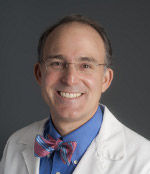 Jorge G. Arroyo, MD, Founder, EYESPOT: I think you will see more ophthalmology practices working more closely with optometrists in the future. We'll need to maintain the high quality care we provide and patients expect using not just the advances in imaging technology that have really revolutionized the field, but also electronic medical records that make sharing information much easier among health care providers. For instance, in Ophthalmology I envision models where patients are seen by specially-trained optometrists that provide primary eye care that is overseen by the ophthalmologists.
Jorge G. Arroyo, MD, Founder, EYESPOT: I think you will see more ophthalmology practices working more closely with optometrists in the future. We'll need to maintain the high quality care we provide and patients expect using not just the advances in imaging technology that have really revolutionized the field, but also electronic medical records that make sharing information much easier among health care providers. For instance, in Ophthalmology I envision models where patients are seen by specially-trained optometrists that provide primary eye care that is overseen by the ophthalmologists.
Right now we have many private practices where optometrists and ophthalmologists work in the same space. That's very collaborative, but not the most efficient way of practicing. The virtual world allows us to separate the optometrists from ophthalmologists geographically yet keep them connected from the medical point of view. Now you can set up a center which is highly convenient and extremely comfortable where patients won't spend more than ½ hour waiting to be seen, and utilizing advanced diagnostic imaging technology and electronic medical records, still have the same quality of care as if they went to the main group practice.
I predict the delivery of care in ophthalmology will change dramatically over the next decade in response to external pressures. Ophthalmologist will help lead the way for the more effective and efficient delivery of health care in many other areas of medicine.
Malvin Anders, MD, Chief of Ophthalmology, Los Angeles County+University of Southern California Medical Center: There is a definite migration away from the 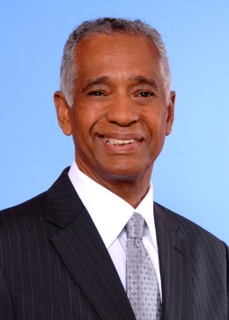 hospital setting largely because of cost issues. Running a hospital is much more complex and costly than running an ASC and that's what drives the migration from a financial standpoint. I think back to days when we didn't do any outpatient surgery; we were reluctant because there were safety concerns. As it turns out, safety hasn't been a problem. It is likely that nearly 100 percent of ophthalmic procedures will go to ASCs in the future.
hospital setting largely because of cost issues. Running a hospital is much more complex and costly than running an ASC and that's what drives the migration from a financial standpoint. I think back to days when we didn't do any outpatient surgery; we were reluctant because there were safety concerns. As it turns out, safety hasn't been a problem. It is likely that nearly 100 percent of ophthalmic procedures will go to ASCs in the future.
Some physicians have also begun performing procedures in their clinical office. However, there are limits to what can be done in the office setting. Most offices aren't equipped to handle airway or other emergencies that can arise during surgery. They don't happen often, but when they do you need the ability to manage them appropriately. It is my opinion the ASC will continue to be the predominate setting for major ophthalmic procedures.
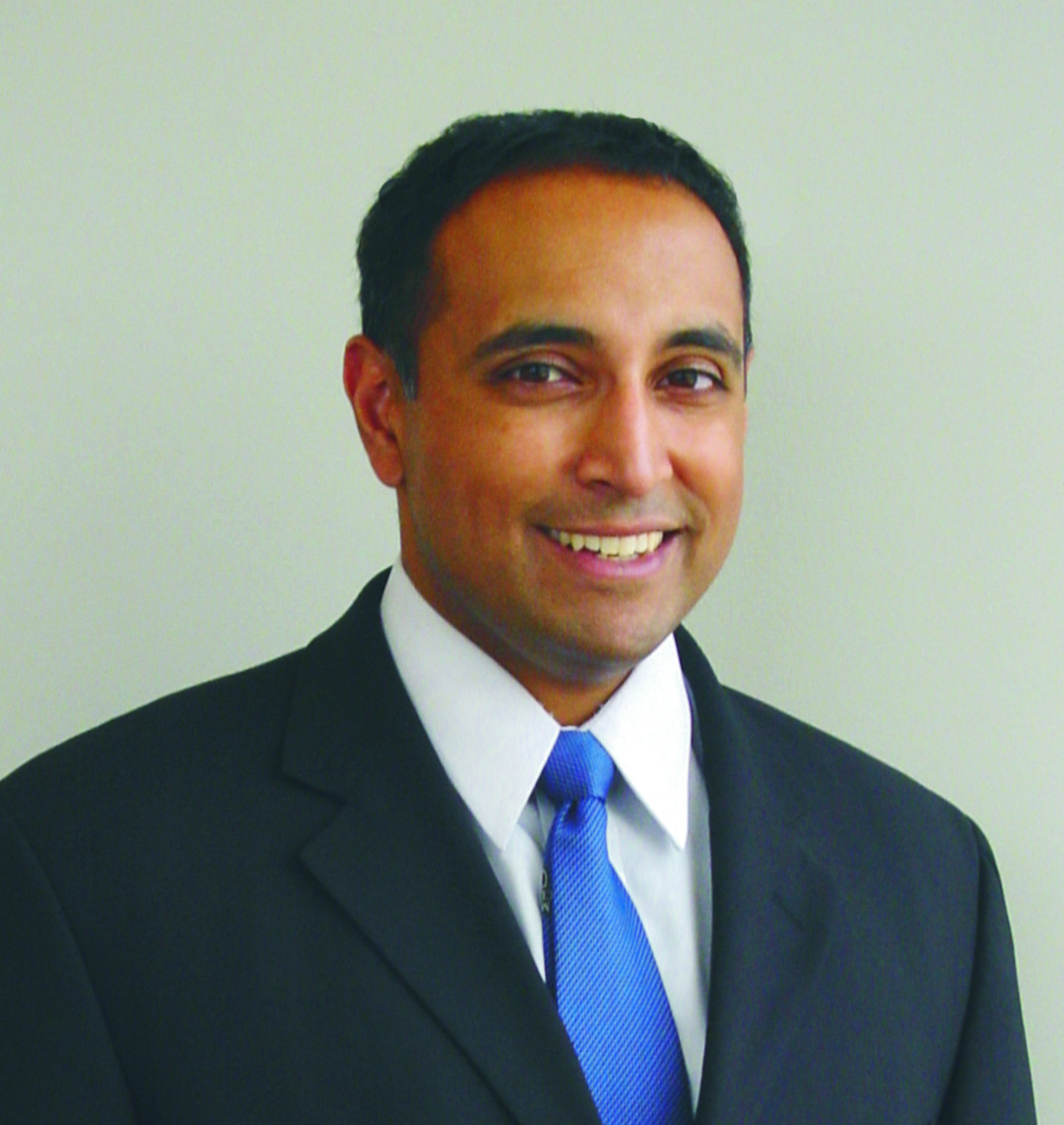 Rajesh K. Shetty, MD, Florida Eye Specialists: There has been an expansion of premium services and cosmetic surgery at eye centers. We have a laser-refractive surgeon and an oculoplastic surgeon who offer premium aesthetic procedures for the eyes and face. I think the expansion of non-covered services is going to continue, and some practices are more aggressively covering these procedures today than in the past.
Rajesh K. Shetty, MD, Florida Eye Specialists: There has been an expansion of premium services and cosmetic surgery at eye centers. We have a laser-refractive surgeon and an oculoplastic surgeon who offer premium aesthetic procedures for the eyes and face. I think the expansion of non-covered services is going to continue, and some practices are more aggressively covering these procedures today than in the past.
Within the scope of our practice, we have procedures that align with our core competencies, and that's where we focus our energies. We can offer patients better, more precise and safer surgery with state-of-the-art equipment. Patients pay out-of-pocket for these premium, non-covered services, so we can set our prices to match the time and effort we put into those services.
Benjamin H. Ticho, MD, The Eye Specialists Center, Chicago Ridge: In anticipation of and reaction to healthcare changes, we assume healthcare reform will increase patient volume because more people will have access to medical care. We assume surgeons will have higher volume, but will they be reimbursed appropriately? Reimbursement will continue to be tight, and I assume we won't be paid as well as we are today. That's okay if we can increase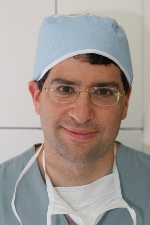
Compared to most hospitals, ASCs provide a terrific step forward, especially in pediatric patients, as long as the needed level of anesthesia expertise is met. Parents are understandably most anxious about pediatric anesthesia issues.
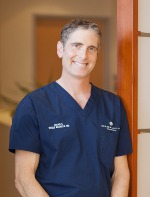 Brian Boxer Wachler, MD, Director, Boxer Wachler Vision Institute, Beverly Hills, Calif.: I expect ophthalmologists will continue to look for greater efficiency systems. We have already opted out of all private insurance carriers. We approached this with a "one at a time" strategy. This is one way doctors can regain more control over their practices and practice medicine the way they had the vision to practice years ago.
Brian Boxer Wachler, MD, Director, Boxer Wachler Vision Institute, Beverly Hills, Calif.: I expect ophthalmologists will continue to look for greater efficiency systems. We have already opted out of all private insurance carriers. We approached this with a "one at a time" strategy. This is one way doctors can regain more control over their practices and practice medicine the way they had the vision to practice years ago.
More Articles on Surgery Centers:
6 Surgery Center Administrators on Best Facility Benchmarks
30 Statistics on Surgery Center Payer Mix Across the US
7 Steps to Plan for Sustainable, Long Term ASC Success

